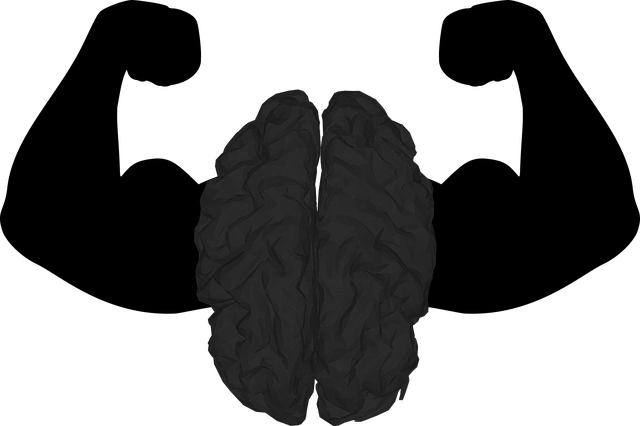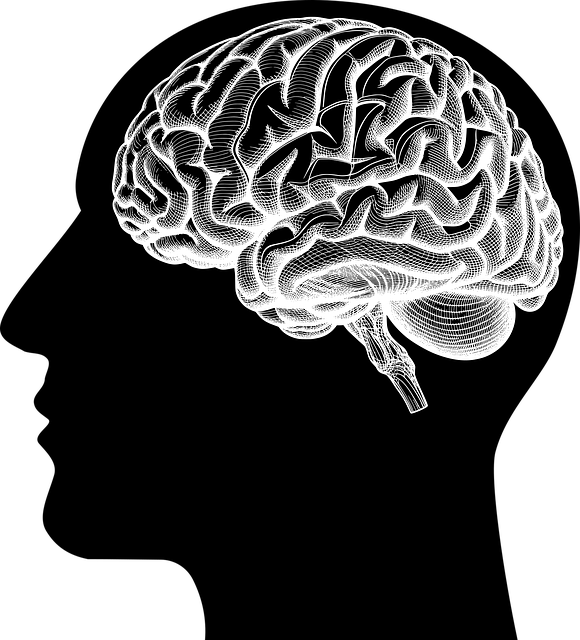Arvada Cognitive Processing Therapy (ACPT) is an evidence-based, multidisciplinary approach to managing mental illness by focusing on changing negative thought patterns and promoting adaptive coping strategies. Personalized treatment plans enhance self-esteem, stress management, and emotional well-being through cognitive exploration and belief modification. Incorporating mindfulness meditation, journaling, and education programs synergistically supports long-term recovery, while building strong support systems facilitates emotional healing and reduces feelings of isolation. ACPT is an effective resource for depression prevention and improved mental resilience.
Mental illness diagnosis and treatment navigation can be a complex and overwhelming process. This article guides you through every step, from Understanding Mental Illness Diagnoses to finding the right Arvada Cognitive Processing Therapy (ACPT) for your needs. We explore effective treatment options and emphasize the importance of robust support systems. By delving into these aspects, individuals can navigate their recovery journey with confidence, ensuring a brighter and healthier future.
- Understanding Mental Illness Diagnoses: Unraveling the Process
- The Role of Arvada Cognitive Processing Therapy (ACPT) in Treatment
- Navigating Treatment Options and Finding the Right Fit
- Building Support Systems for Effective Recovery Journey
Understanding Mental Illness Diagnoses: Unraveling the Process

Mental illness diagnoses are complex processes that require a thorough understanding of an individual’s symptoms and overall well-being. It often involves a multidisciplinary team, including psychiatrists, psychologists, and therapists, who work collaboratively to evaluate and assess a person’s mental health. One effective therapeutic approach gaining recognition is Arvada Cognitive Processing Therapy (ACPT), which focuses on identifying and modifying negative thought patterns.
Through ACPT, individuals learn to navigate their thoughts and emotions more effectively, leading to self-esteem improvement and better stress management. This process involves exploring the individual’s cognitive processes, beliefs, and behaviors, helping them understand how these contribute to their mental health challenges. Additionally, incorporating mindfulness meditation techniques in therapy sessions has been shown to enhance overall well-being and support long-term recovery. Organizations offering Stress Management Workshops further equip individuals with valuable tools for managing daily stressors, fostering resilience, and promoting a healthier mind.
The Role of Arvada Cognitive Processing Therapy (ACPT) in Treatment

Arvada Cognitive Processing Therapy (ACPT) plays a pivotal role in modern mental health treatment plans, offering a structured approach to managing various psychological disorders. This evidence-based therapy focuses on identifying and modifying negative thought patterns, which are often at the root of emotional distress. By encouraging self-awareness exercises and promoting cognitive flexibility, ACPT equips individuals with effective coping strategies for stress reduction methods.
Through dynamic interactions, clients gain insights into their thoughts and behaviors, fostering a deeper understanding of their mental health challenges. This process enables them to challenge and replace unhelpful cognitions, ultimately leading to improved emotional well-being and enhanced problem-solving skills. ACPT’s success lies in its ability to personalize treatment, making it an excellent resource for those seeking long-term depression prevention and overall mental resilience.
Navigating Treatment Options and Finding the Right Fit

Navigating treatment options is a crucial step in managing mental illness effectively. One evidence-based approach gaining recognition is Arvada Cognitive Processing Therapy (ACPT). This therapy focuses on identifying and modifying negative thought patterns, enhancing coping skills development, and promoting positive behavioral changes. By addressing underlying cognitive distortions, ACPT empowers individuals to develop more adaptive strategies for dealing with life’s challenges.
Finding the right fit in treatment involves considering personal preferences, unique symptoms, and individual goals. Incorporating tools like a mental wellness journaling exercise can help track progress, identify triggers, and strengthen coping mechanisms learned during therapy sessions. Additionally, enrolling in well-designed mental health education programs can provide valuable knowledge about managing conditions and foster self-advocacy. These comprehensive strategies work synergistically to support long-term recovery and improved mental wellness.
Building Support Systems for Effective Recovery Journey

Building strong support systems is a cornerstone for navigating the mental health recovery journey effectively. This includes surrounding oneself with understanding and compassionate individuals who can offer encouragement, practical assistance, and emotional reassurance. Family members, friends, or even support groups play a pivotal role in fostering a sense of belonging and reducing feelings of isolation. These relationships provide a safe space to express one’s experiences, fears, and triumphs without judgment, promoting open communication and healing.
Arvada Cognitive Processing Therapy (ACPT) is an evidence-based approach that can facilitate self-esteem improvement and emotional healing processes. By helping individuals challenge negative thought patterns and cognitive distortions, ACPT empowers them to reframe their perspectives and cultivate compassion cultivation practices. This, in turn, strengthens resilience, enhances coping mechanisms, and supports overall mental well-being, ensuring a more fulfilling recovery journey.
Mental illness diagnosis and treatment can be complex, but with the right navigation assistance, individuals can embark on a path to recovery. By understanding the diagnostic process and exploring therapeutic options like Arvada Cognitive Processing Therapy (ACPT), one can find tailored treatments that meet their unique needs. Building supportive systems further enhances this journey, ensuring individuals have the resources and encouragement necessary for long-term well-being. Remember that navigating mental health is a personal quest, and with access to informed guidance, folks can transform challenges into opportunities for growth.











